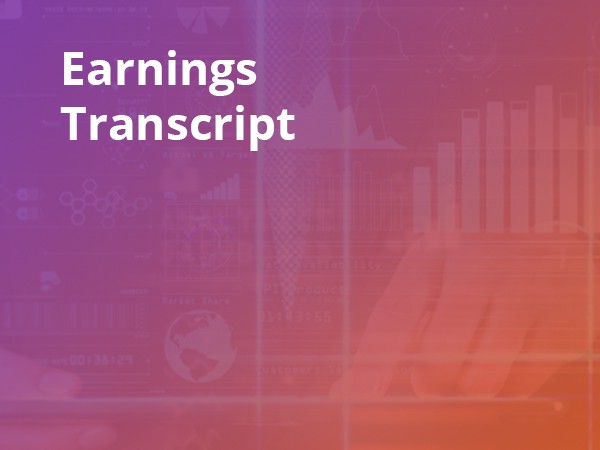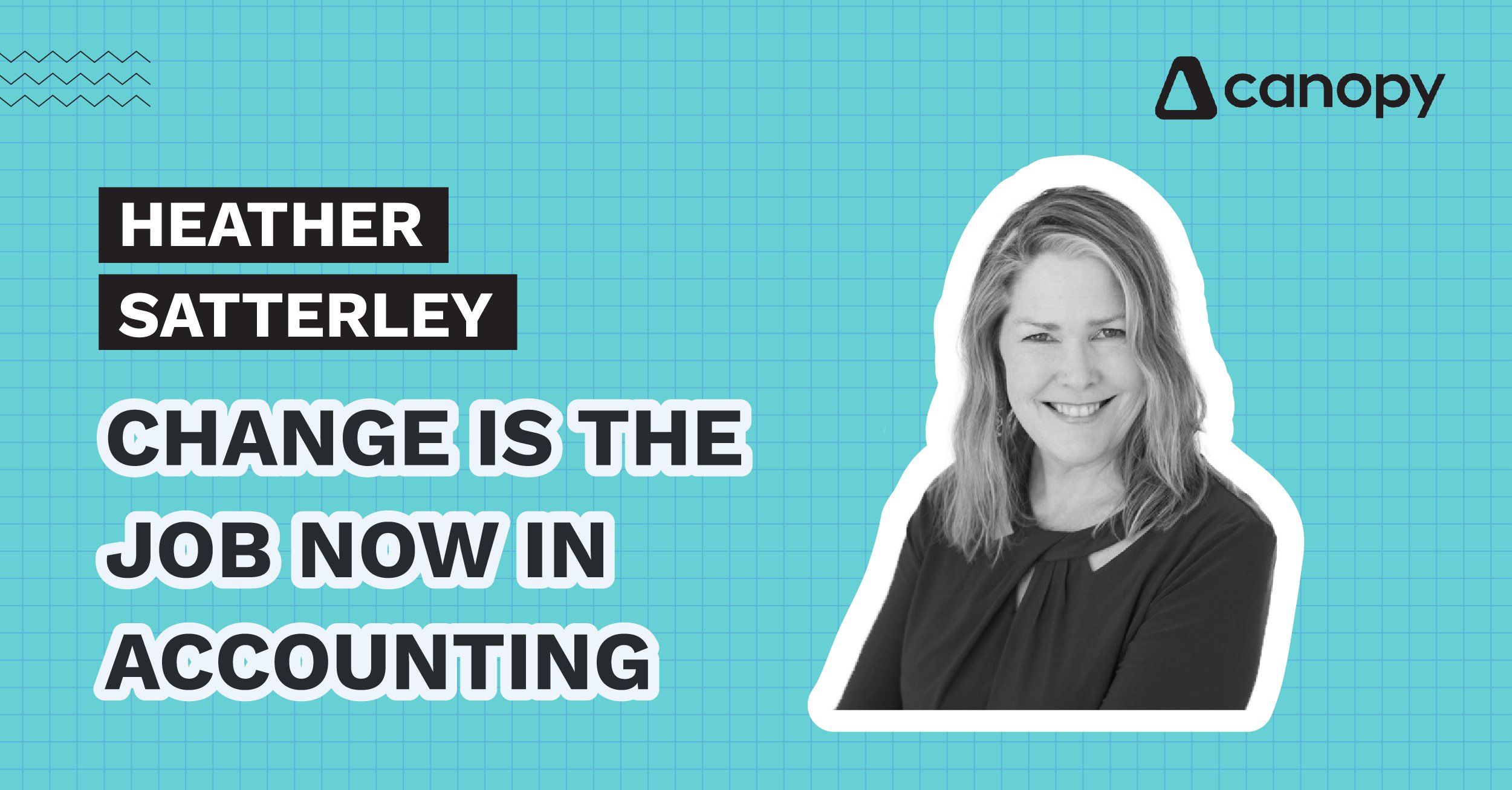In This Article
You don’t need a dozen doors or a beachfront empire to buy back your time. The truth is financial freedom with short-term rentals doesn’t require a massive portfolio.
It just takes an innovative, intentional plan. One that builds momentum year after year. For me, that plan has always been simple: five short-term rentals in five years.
Not five in five days. Not five by next Tuesday because someone on Instagram said it was easy. I’m talking about five real, income-producing properties, built one thoughtful move at a time. No quitting your job. No draining your savings. No maxing out 10 credit cards.
I know it works because it’s the exact path I took. I didn’t start with a pile of cash or a team of experts. What I had was a strategy and the discipline to follow it.
And here’s where it might surprise you: You’re not buying a new property every year. In fact, in year two, you’re not buying anything at all. That’s the year you get paid to manage someone else’s Airbnb. No mortgage or furnishing costs. Just real cash flow from someone else’s property, with systems you’ve already built.
This isn’t a story about overnight success. It’s about stacking wins over time. So, if you want a roadmap that works in the real world, keep reading. I’m going to walk you through how to build a five-property portfolio without the burnout, hype, or financial chaos. One year at a time.
Find out about:
The low-money-down move to get your first rental
How co-hosting makes you money without owning real estate
Why DSCR loans are the cheat code no one talks about
And how to turn all this into a five-property portfolio — even if you’re starting from scratch
If you’re tired of watching people show off their $3 million beach house and calling it a “beginner deal,” you’re in the right place.
Let’s break it down year by year.
Year 1: Just Get in the Game
This first year is all about planting the flag. It doesn’t have to be perfect, and it definitely won’t be your forever property. The goal is to get in the game. Everyone’s starting point is different, which is why I won’t pretend there’s one perfect way to begin.
When I started in 2017, I purchased a small condo and converted it into a short-term rental. That was a different era. You could throw an air mattress into a room with four walls, snap a few photos, and suddenly you were making money on Airbnb.
Things have changed since then, but the opportunity remains. You just have to be more strategic.
In today’s market, there are still ways to get your foot in the door, but every option comes with trade-offs. That’s the reality of real estate and business. It’s never all upside. The key is knowing which strategy aligns with your situation, risk tolerance, and available resources.
Here are four solid paths to consider, depending on where you’re starting from.
You might also like
Option 1: House hack a duplex
Live in one unit, rent out the other as an STR.
Use an FHA loan (just 3.5% down)
Low barrier to entry
Get hands-on experience while living on-site
Cons: Location may not be ideal for you, depending on the market
Option 2: Vacation home loan
Purchase a second home in a vacation area with a 10%-15% down payment.
Use it just 14 days a year at least, or 10% of rented nights
Better terms compared to investment loans
Cons: Higher down payment, not full-time
Option 3: Rental arbitrage
Lease a unit, furnish it, and list it online.
Own the cash flow, not the property
Low upfront cost, high ROI potential
Cons: No equity being built, the landlord makes the terms
Option 4: Partner up
Find a money partner: You do the work, they bring the capital.
Split profits 50/50
You provide the sweat equity needed, but not your own funds
Cons: Hard to find partners with no experience
Year 2: Co-Host to Build Cash Flow
Now, we get creative and start to use the knowledge that’s been gained. No purchase this year; instead, you co-host a property. Now that you have some experience and can show your results to others, you can find co-hosting clients to boost your cash flow with little expenses on your end.
What is co-hosting?
You manage someone else’s Airbnb. They own it, you run it.
You earn 15% to 30% of the gross revenue.
No mortgage, no furnishing, no problem
If the property grosses $4,000 a month, you are likely earning between $800 and $1,200 with no upfront capital or mortgage. That is the power of co-hosting. But before you dive in, there is an important detail to consider: Your role might be classified differently depending on your state.
Some states draw a legal distinction between being a property manager and being a co-host, and that classification can impact what licenses or agreements you need. Make sure to research your local laws so you are fully informed.
I am not a lawyer, although I did once win a traffic court case representing myself, which felt very official at the time, but here is the general rule of thumb: The legal gray area usually centers around whether you are collecting rent on the owner’s behalf.
On Airbnb, their co-host platform simplifies this. You do not collect payments. Airbnb sends you your share automatically. VRBO is less streamlined, so you will typically need to invoice the owner at the end of each month based on your agreed-upon percentage.
If you are using a direct booking site and acting as the merchant of record, meaning guests are paying you instead of the owner, that is where things can get more complicated. In those cases, you may be stepping into formal property management territory and should take a closer look at your state’s specific requirements.
Why co-hosting works:
Get hands-on operations experience
Build a monthly income
Test and scale systems
Build your STR resume
How to land your first co-host client
If you’re serious about landing your first co-hosting gig, don’t just wait for someone to ask for help; find the opportunity yourself. One of the best ways to do this is by searching Zillow for furnished long-term rentals in STR-friendly markets. These are often second homes or investment properties that could be easily converted into short-term rentals with the right operator.
Reach out to the owner or property manager and pitch your co-hosting services. Share your experience, explain what they could potentially earn if the unit were listed on Airbnb or Vrbo instead, and break down exactly how you’d handle everything from guest messaging to pricing optimization.
You can also search Facebook Marketplace for furnished rentals or short-term rental listings that are underperforming. If the photos are subpar, the calendar is wide open, or the reviews are inconsistent, you can turn that property around. Use tools like PropStream to identify the property owner, then contact them directly. Tell them what you’ve done, what you can do for their listing, and how much more they could be making.
Co-hosting is part operations, part sales, and if you’re willing to hustle, you can build a portfolio without ever signing a mortgage.
Year 3: Buy Again With a DSCR Loan
By the time you reach year 3, you’ve probably already made a few big moves in life. Maybe you’ve bought a new primary residence. Perhaps you’ve purchased a car, paid for a wedding, or taken on some other form of debt. And now, when you go to a traditional lender to try and buy property No. 2, you hear the dreaded words: “Your debt-to-income ratio is too high.”
This is where most people hit a wall, but it’s also where the strategy shifts.
Enter the Debt Service Coverage Ratio (DSCR) loan. It’s one of the best tools in the short-term rental playbook, especially if your income doesn’t reflect the cash flow you’re generating. Instead of looking at your W2s or tax returns, DSCR lenders focus on two things: does the property pay for itself, and what is your personal credit score?
Why DSCR loans are powerful:
No personal income verification
Perfect for self-employed or W2-free investors
Can use STR income projections
How to fund the down payment
You’ve got a few solid options, depending on how creative you want to get. Start with the profits from your first two years. If you’ve been running your initial property well and co-hosting another, there’s a good chance you’ve built up some cash reserves that can be reinvested.
You may even be able to get a business loan to use for it if you have been handling your books correctly. These typically have higher interest rates but could be a valuable asset with the right deal in front of you.
Another route is a cash-out refinance or a home equity line of credit (HELOC) on your first property, especially if it’s appreciated, has been renovated, or you’ve paid down the loan. And if you’re still short, this is where your growing track record comes into play. By now, you’ve got real results to show. Use them to bring in a money partner who wants a piece of the next deal without doing the work.
This becomes your second-owned property. At this point, you have three active income streams.
Year 4: Stack Another STR
By now, the gears are turning. You have income coming in, systems running in the background, and enough experience under your belt to start making smarter, more confident moves. You are no longer guessing. You are operating.
Year four is when you start to feel the shift. Instead of scraping together funds or hoping lenders will take a chance on you, you are building with momentum. This is the moment to add another short-term rental, not because you feel pressure to scale but because your business is ready to support it.
There are a few ways to approach this, depending on how your current properties are performing and what kind of opportunity you want to pursue next.
Option 1: Reinvest profits
If you have managed your cash flow well over the past few years, you may already have enough saved for another down payment. This is the slow and steady path. Take the income your properties are generating and use it to fund your next purchase.
Option 2: Raise capital
At this stage, you have results. You have reviews, income statements, and a proven model. Use your track record to attract a private money partner or investor. People are far more likely to put money into something real than something theoretical.
Option 3: Add a unique stay
This is where you can lean into creativity. Consider something that stands out in the market, like a glamping dome, tiny home, prefab structure, or container cabin.
These stays often cost less to develop but can earn more per night because of their uniqueness. They are easier to market and brand, and more likely to catch attention on social media. When done well, they create both revenue and reach.
No matter which path you take, this is the year you move from operator to builder. You are not just adding another property. You are expanding your brand, diversifying your income, and proving that your short-term rental business can grow beyond the hustle of those early years.
Year 5: Flex Year and Finish Strong
By the time you reach year five, the hard part is behind you. You have a real business now. You are no longer just trying to break in—you are choosing how to grow. This is your flex year, the one where you get to finish strong and set the tone for what comes next.
You have options:
Buy another property using a DSCR loan, now backed by experience and income.
Turn one of your co-hosted units into an equity partnership.
Build something unique on land you already own.
Expand into full-time STR management by helping other owners succeed.
No matter which path you take, the foundation is already in place. By the end of year five, you have likely built five or more streams of income, established ownership in two to three properties, and gained hands-on experience managing a diverse mix of short-term rentals.
You have systems that work, automation tools that save time, and a small team that helps keep everything running smoothly. This is no longer trial and error. It is a business that is built to last.
This is no longer just a side hustle. It is a growing business with real momentum. Now, the only question is how far you want to take it.


























